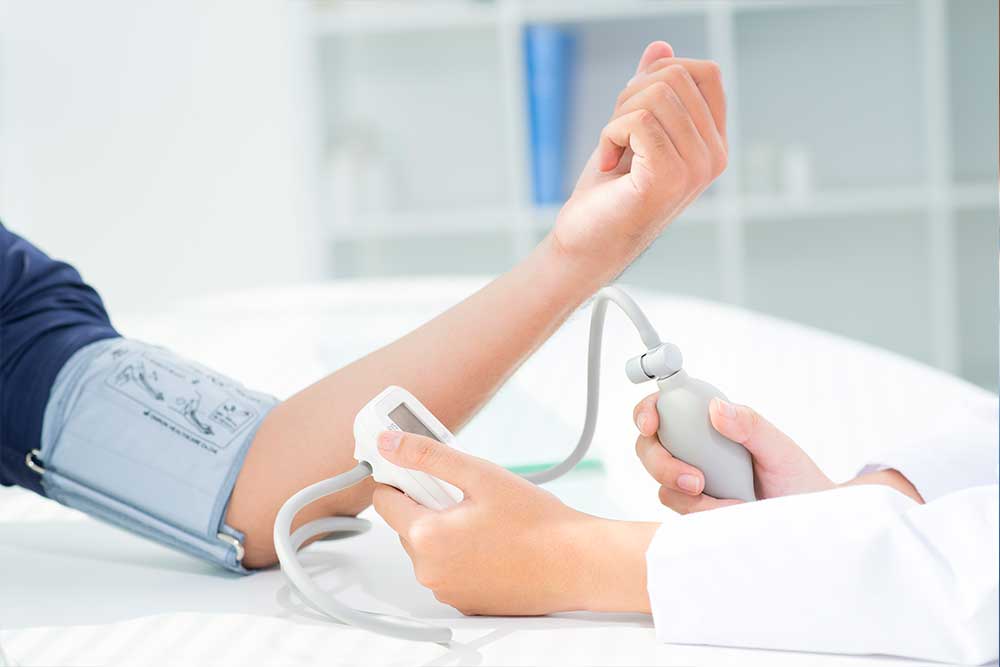Stay Informed
Heart Attack FAQs
What is a Heart Attack?
A heart attack is also known as a myocardial infarction. It occurs when a coronary artery, which supplies blood to your heart, becomes blocked. This stops the blood flow and reduces the amount of oxygen that gets to your heart muscle. This causes the most common heart attack symptoms, which are chest discomfort or pain and can spread to your arms, neck, jaw or back. Unlike angina this discomfort often last for longer than 10 minutes
Your heart can be damaged by interrupted blood flow caused by a heart attack. The longer the blockage is left untreated the more the damage occurs. Without urgent treatment to restore the blood flow, the damage can be permanent.
A heart attack can be fatal. Each day, an average of 21 Australians die from a heart attack.
What causes a heart attack?
The most common cause of a heart attack is coronary heart disease. This occurs when the coronary artery, which supplies blood to your heart, narrows because of a build-up of plaque. Plaque is made of fat, cholesterol and other materials. The narrowed artery causes a reduced amount of blood flow to your heart muscle.
During a heart attack, plaque from the artery wall breaks away (ruptures) and can form a clot. This can block the flow of blood through the artery and cause damage to the heart muscle.
Not all heart attacks are caused by coronary heart disease and plaque rupture. Some heart attacks are caused when a coronary artery contracts (spasms) and narrows. Like coronary heart disease, this also reduces or stops blood flow reaching your heart. If an artery has a severe spasm, it can cause a heart attack. A heart attack can also be caused by the tearing of the coronary artery wall (spontaneous coronary artery dissection).
The most common Heart Attack warning signs are:
- Chest discomfort or pain (angina). This can feel like uncomfortable pressure, aching, numbness, squeezing, fullness or pain in your chest. This discomfort can spread to your arms, neck, jaw or back. It can last for several minutes or come and go
- Dizziness, light-headedness, feeling faint or feeling anxious
- Nausea, indigestion, vomiting
- Shortness of breath or difficulty breathing – with or without chest discomfort
- Sweating or a cold sweat.
Medications for a Heart Attack
Your doctor may prescribe several medications to treat your heart attack. It’s very important to never stop taking your medication unless your doctor or cardiologist tell you to do so.
- Anticoagulant medicines
- Antiplatelet medicines
- Beta-blockers
- Blood pressure medications
- Chest pain relievers (nitrates)
- Statins
- Thrombolytics
Surgical procedures for a heart attack
Coronary angioplasty, percutaneous coronary intervention or stents
This procedure uses a tiny balloon to widen your narrowed arteries. It’s often carried out at the same time as a coronary angiogram. A long tube (catheter) with a tiny balloon on the end is put into an artery in your groin, arm or wrist. It’s guided up into the heart’s artery. The balloon is blown up at the narrowed part of your artery. The cardiologist inserts a small mesh tube (stent) to keep the artery open after the catheter is removed.
Coronary artery bypass graft surgery (CABG)
This type of surgery also improves blood flow to the heart. A healthy blood vessel (or more than one) is taken from your chest, leg or arm, and attached (grafted) to each side of your blocked artery. This lets blood go around or ‘bypass’ the blockage. You will usually stay in hospital for two to five days after a heart attack, depending on what treatment/s you have had and how well you begin to recover.
The Heart Wellness program
Having a heart attack can be frightening. Lifestyle modification (diet and smoking cessation) and exercise are proven to play an important role in improving your outcomes following a heart attack. Improvements in cardiorespiratory fitness has shown to significantly improve your heart function, physical capacity and maximise your chances of continuing to lead a long and active life comparable to someone without heart disease.
The Heart Wellness program has a specialised cardiac allied health team comprising of a Cardiac Nurse, Exercise Physiologist, Physiotherapist, Dietician, Psychologist and Occupational Therapist, who are all prepared to improve your heart wellness and improve your heart attack outcomes using the leading international guidelines and research to steer our modern day practices.
We are here to assist you in your treatment and work closely with you and your Cardiologist and GP to achieve the best health outcomes for you.
Contact us today to see if you are eligible to join the Heart Wellness Program.
Join Our Mailing List
Copyright © 2020 Heart Wellness


